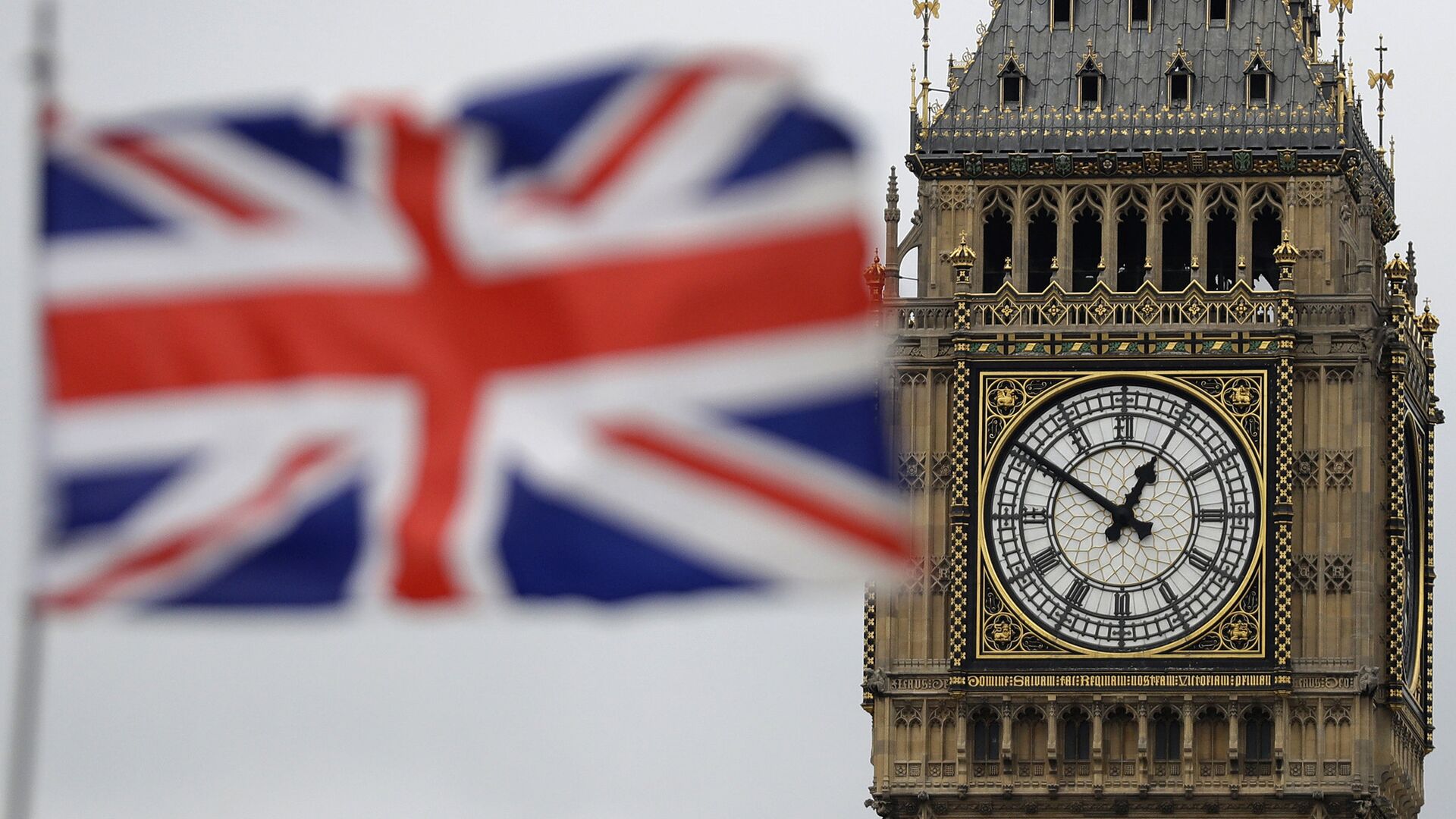“Amendments and new clauses which are not within the scope of the bill are out of order,” Hoyle said about the proposal tabled by former minister Andrew Mitchell.
In November 2020, UK Finance Minister Rishi Sunak announced a temporary reduction in the UK aid budget from 0.7 percent to 0.5 percent of the country's income, citing the negative impact of the COVID-19 pandemic on the national economy, but without giving Parliament the opportunity to vote on the issue.
Five months later, UK Foreign Minister Dominic Raab set out the allocations for the overseas development assistance spending for 2021-22, confirming the government´s decision to slash £4 billion ($5.6 billion) of its annual foreign aid commitment.
Although he dismissed the Conservative-backed amendment, which if passed would have inflicted a humiliating defeat to Prime Minister Boris Johnson’s government, the speaker recalled that the House of Commons has not had an opportunity for a decisive vote on the matter, and said that he would accept applications from lawmakers for an emergency debate.
"I expect that the government should find a way to have this important matter debated and allow the House to formally take an effective decision,” Hoyle said.
Reacting to the speaker’s decision, Mitchell accused the government of disrespecting the House of Commons by avoiding a vote on the foreign aid cut.
International charities and non-governmental organizations have claimed that the UK’s decision to slash 0.2 percent of its financial support to the developing world would add up to the suffering of millions of people that are already trying to survive the COVID-19 pandemic.


